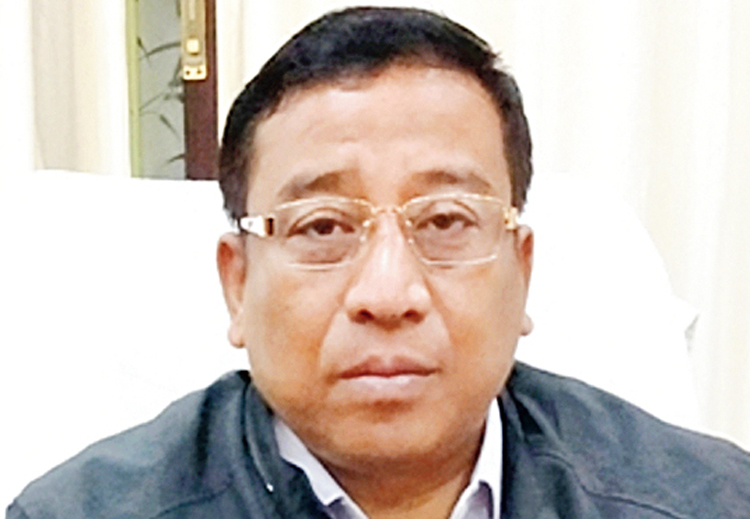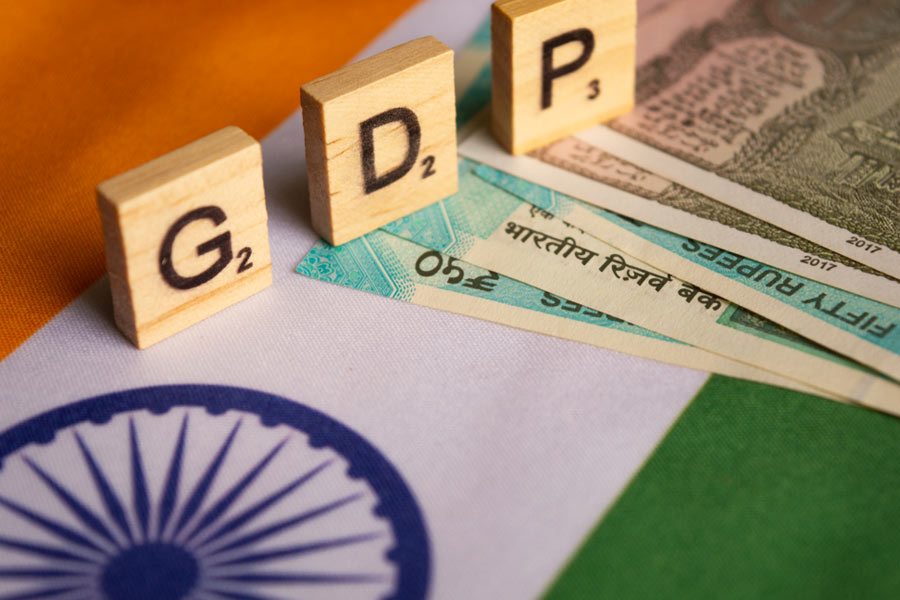The Supreme Court ordered the removal of a turncoat BJP cabinet minister of Manipur on Wednesday as a consequence of the Assembly Speaker’s inordinate delay in deciding on his disqualification since he had switched parties after being elected in 2017.
Forest minister T. H. Shyamkumar will not be allowed to enter the Assembly till further orders with the court invoking plenary powers under Article 142 of the Constitution to remove a Cabinet minister from any government.
Shyamkumar had won the Assembly polls in 2017 as a Congress candidate but later joined the BJP government. And a plea for his disqualification, filed by a Congress leader, has been pending with the Speaker since April 2017.
The Supreme Court had on January 21 taken note of inordinate delays in deciding 13 pleas for disqualification of MLAs pending since April 2017 and had asked the Manipur Assembly Speaker to decide within four weeks the plea for Shyamkumar’s disqualification too.
On Tuesday, the Speaker appealed to the court to defer the matter till March 28, saying that by then, there would definitely be a judgment on the disqualification applications.
A bench of Justice R. F. Nariman and Justice S. Ravindra Bhat said that given the extraordinary facts in the present case, “we are constrained to use our powers under Article 142 of the Constitution of India”.
“Respondent Number-3 (T.H. Shyamkumar) is restrained from entering the Legislative Assembly till further orders of this court. Needless to add, he will cease to be a minister of the Cabinet immediately,” the bench said, posting the matter for further hearing on March 30.
The polls for 60 seats of the Manipur Legislative Assembly were conducted in March 2017 in which Congress Party emerged as the single largest party with 28 seats and BJP came second with 21 seats.
However, a BJP led government was sworn in and Shyamkumar, a Congress MLA, switched sides and became a minister in the state government leading to filing of several pleas in April 2017 with the Speaker seeking his disqualification under the anti-defection law.
SC ‘went out of the way’
The top court said that in its January 21 verdict, it had gone out of the way to give the Speaker a chance to perform his functions under the Tenth Schedule of the Constitution by stating, “given the fact that such a long period had already gone by without any decision, one month should suffice for the Honourable Speaker to decide the disqualification petitions before him”.
It said after one month expired, an application was filed by the Speaker requesting for eight more weeks in order to decide the cases before him.
The top court said that on March 4, when the matter was taken up for hearing, the Speaker had not pressed his application and stated that a decision would be forthcoming within 10 days from that date.
It said that when the matter was taken up on Wednesday, Solicitor General Tushar Mehta appeared for the Speaker and sought deferment of the matter till March 28 saying that by that time, the Speaker would definitely give his verdict on the aforesaid disqualification applications.
Mehta also said that March 28 had been notified for pronouncement of judgment by the Speaker on the disqualification plea.
Senior advocate Kapil Sibal, appearing for the petitioner, Congress leader Keisham Meghachandra Singh, said the court should decide the disqualification pleas as even after giving the one month period an application for adjournment of eight weeks has come up followed by prayer for 10 days time.
He said the court should decide the matter on Wednesday itself.
‘Parliament should rethink’
The top court on January 21, in a path breaking ruling had said Parliament should “rethink” whether the Speaker of a House should continue to have powers to disqualify lawmakers as such a functionary “belongs to a particular political party”.
Parliament may seriously consider amending the Constitution to substitute Speaker of Lok Sabha and legislative assemblies as arbiter of disqualification issues with “a permanent tribunal headed by a retired Supreme Court judge or a retired Chief Justice of a High Court” or some other mechanism to ensure swift and impartial decisions, the apex court had said.
While taking note of the role played by Speakers and inordinate delays in deciding pleas for disqualification of lawmakers, the top court had asked the Manipur Assembly Speaker to decide within four weeks the plea seeking disqualification of Shyamkumar.
“In case no decision is forthcoming even after a period of four weeks, it will be open to any party to the proceedings to apply to this Court for further directions/ reliefs in the matter,” the bench had said.
A time has come when Parliament should have “a rethink on whether disqualification petitions ought to be entrusted to a Speaker as a quasi-judicial authority when such Speaker continues to belong to a particular political party either de jure or de facto”, the top court had said.
The high court had refused to direct the Speaker to decide the plea for disqualification of Shyamkumar on the ground that the “very same issue” _ whether the Speaker can be directed by the courts to decide disqualification _ was pending adjudication before a 5-judge bench of the top court.











